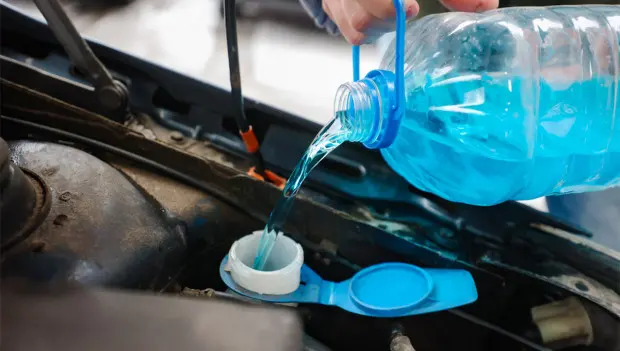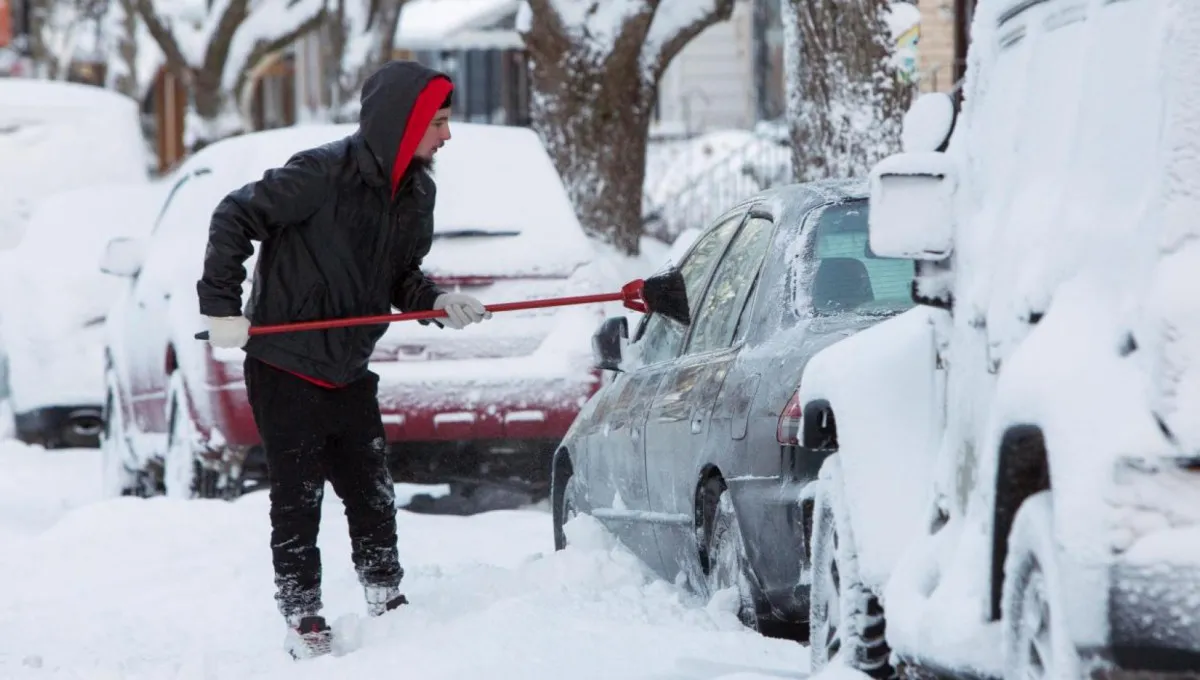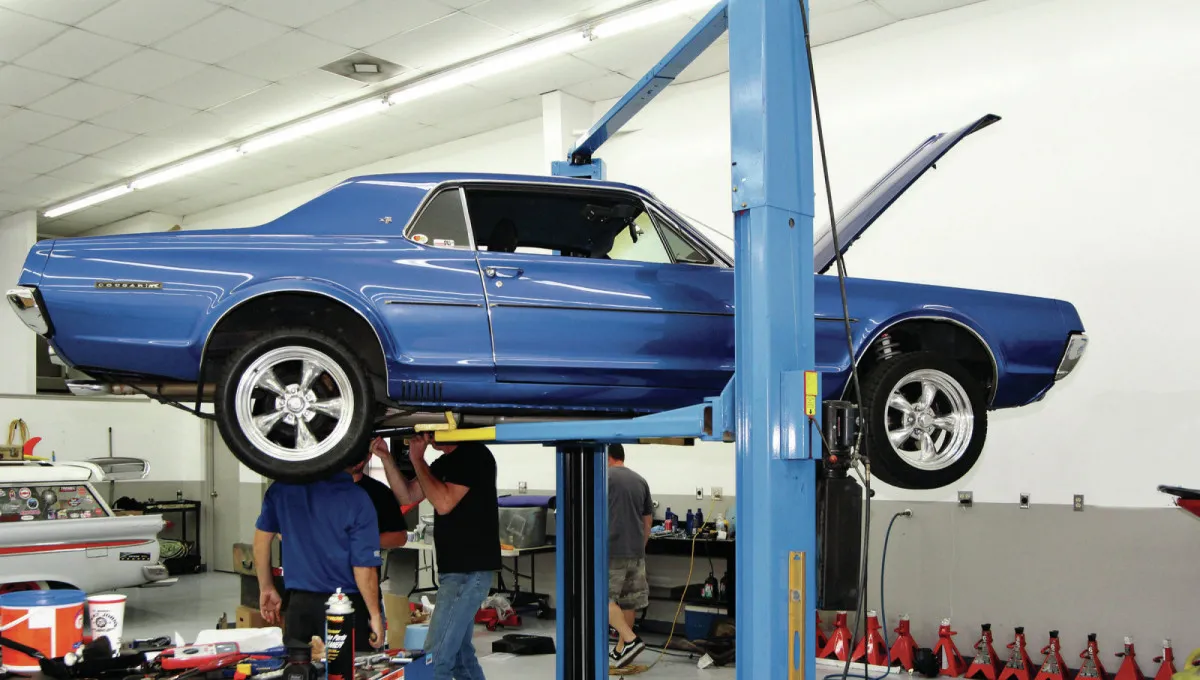Windshield Washer Fluid: Why DIY Tricks Don’t Work
Don’t trust the countless “budget hacks” you see on YouTube — those cheap, do-it-yourself recipes can do real damage to your car.

Don’t trust every trick you see on YouTube — cheap and “do-it-yourself” windshield washer recipes can seriously damage your car. Here’s why.
The most popular YouTube “lifehack”: Add dish soap to your washer fluid tank and enjoy crystal-clear glass.
We tried it. Never again. Sure, dish soap breaks down grease and creates foam — but that foam is exactly the problem. When it’s sprayed through the nozzles, it turns into a soapy cloud that covers your entire windshield. And once the temperature drops below freezing, the mix turns solid in no time.
There’s more. Modern dish soaps often include hand-softening balms. Great for your skin, terrible for your windshield — they leave behind an oily film that creates rainbow streaks and glare from oncoming headlights.
Bottom line: Perfect for dishes. Terrible for cars.
Next up: vinegar. A popular tip from Minnesota says household vinegar dissolves lime scale and road grime. Technically true. Practically a disaster.
Acetic acid is aggressive toward rubber seals, plastic washer lines, and even your car’s paint. We tested it on a Ford Fusion — after just one week, the washer hoses cracked, and dull spots appeared on the hood where the liquid splashed regularly.
And the smell? The whole cabin reeked of vinegar so badly that passengers rolled down the windows — even in freezing weather.
In the kitchen — great. For cars — absolutely not.
Then there’s the classic 1990s hack brought to the U.S. by Russian immigrants: mix denatured alcohol with water. It worked — the liquid didn’t freeze even in severe cold.
But there’s a catch. The right concentration is around 30–40% for −4°F. Get it wrong, and the fluid either freezes or becomes too harsh for the system.
We tried a denatured-alcohol mix in an old Dodge Caliber once, stranded in the middle of nowhere during winter after running out of washer fluid. It saved the day — but it’s expensive and impractical for everyday use. You’re better off buying proper washer concentrate or ready-to-use fluid.
The takeaway: Don’t fall for YouTube car “hacks.” Commercial winter washer fluids (so-called “anti-freeze” fluids) contain the right amount of alcohol or antifreeze additives to prevent freezing in the reservoir or on the windshield. They effectively remove ice, frost, salt, and dirt, smell pleasant, and even add a water-repellent layer. Some are rated to work down to −35°F.
Stick with real washer fluid — your car will thank you.
You may also be interested in the news:

How to Dig Your Car Out of a Snowbank Without Damaging It: 6 Practical Tips for Drivers
When digging out, it’s important to keep a few key details in mind to avoid damaging your own vehicle.

Reliable Used BMWs: The Best 2016–2018 Models to Buy
When the dream of owning a “real BMW” still makes sense—and how to avoid a costly mistake

How Much Gas Is Actually Burned While Warming Up a Car Engine With Remote Start
Most drivers know the routine: a cold engine needs time for the oil to warm up before you hit the road

Antifreeze, Brake Fluid, and Transmission Oil: When Should You Really Change Them?
Modern cars may seem fragile compared to classics—but knowing when to replace key fluids can save your engine, brakes, and wallet.

Driver Horoscope for January 26–30: What the Stars Have in Store for Every Zodiac Sign
With Mars in Cancer, every trip turns emotional — everyone just wants to get home, warm and safe.